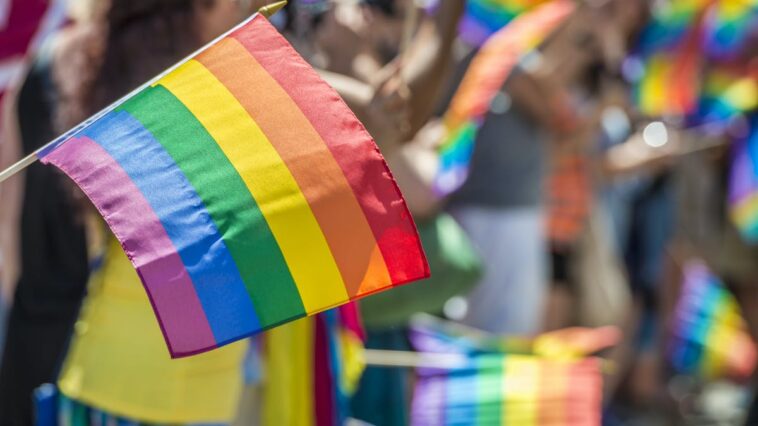As the nation struggles with new variants of the Covid-19 virus, LGBTQ Americans have felt the economic impact of the pandemic more strongly than the general public, according to a new report from the U.S. Census Bureau.
LGBTQ Americans Suffer Greater Economic Impact Amid Pandemic
The latest version of the agency’s Household Pulse Survey is the first to include gender identity and sexual orientation.
It found that 19.8% of lesbian, gay, bisexual and transgender adults lived in a household where there was a loss of income in the past month, compared with 16.8% of non-LGBTQ adults.
Economic disparities between LGBTQ and non-LGBTQ people existed long before the pandemic, says MV Lee Badgett, professor of economics at the University of Massachusetts Amherst, but they have become more pronounced.
A report by the Center for LGBTQ Economic Advancement and Research , for example, indicated that, in 2019, nearly 1 in 5 (19.8%) of LGBTQ households were not sure they could pay their bills that month, compared with 14% of non-LGBTQ households. .
But according to the new data, collected from 64,562 households between July 21 and Aug. 2, more than one-third (36.6 percent) of LGBTQ people had difficulty paying household bills in the past week, compared with about one-quarter (26.1 percent) of cisgender heterosexuals.
This growing inequality is also evident in other areas: food security refers to the ability to access sufficient, safe and nutritious meals that meet dietary preferences and the needs of an active, healthy life.
According to the Census survey, LGBTQ households are now nearly twice as likely to experience food insecurity as heterosexual families, 13.1% versus 7.2%.
- Facebook Messenger

